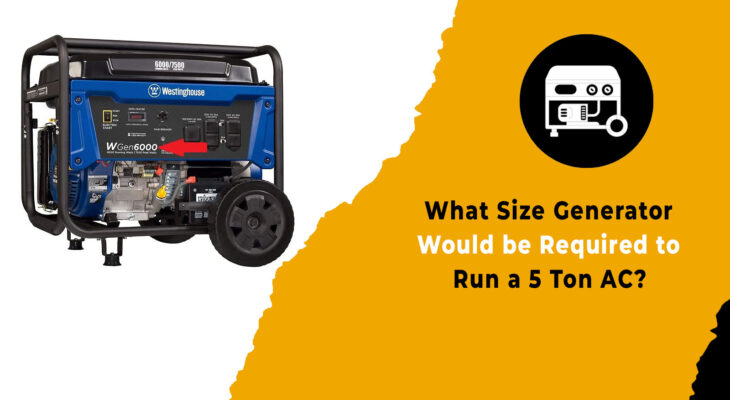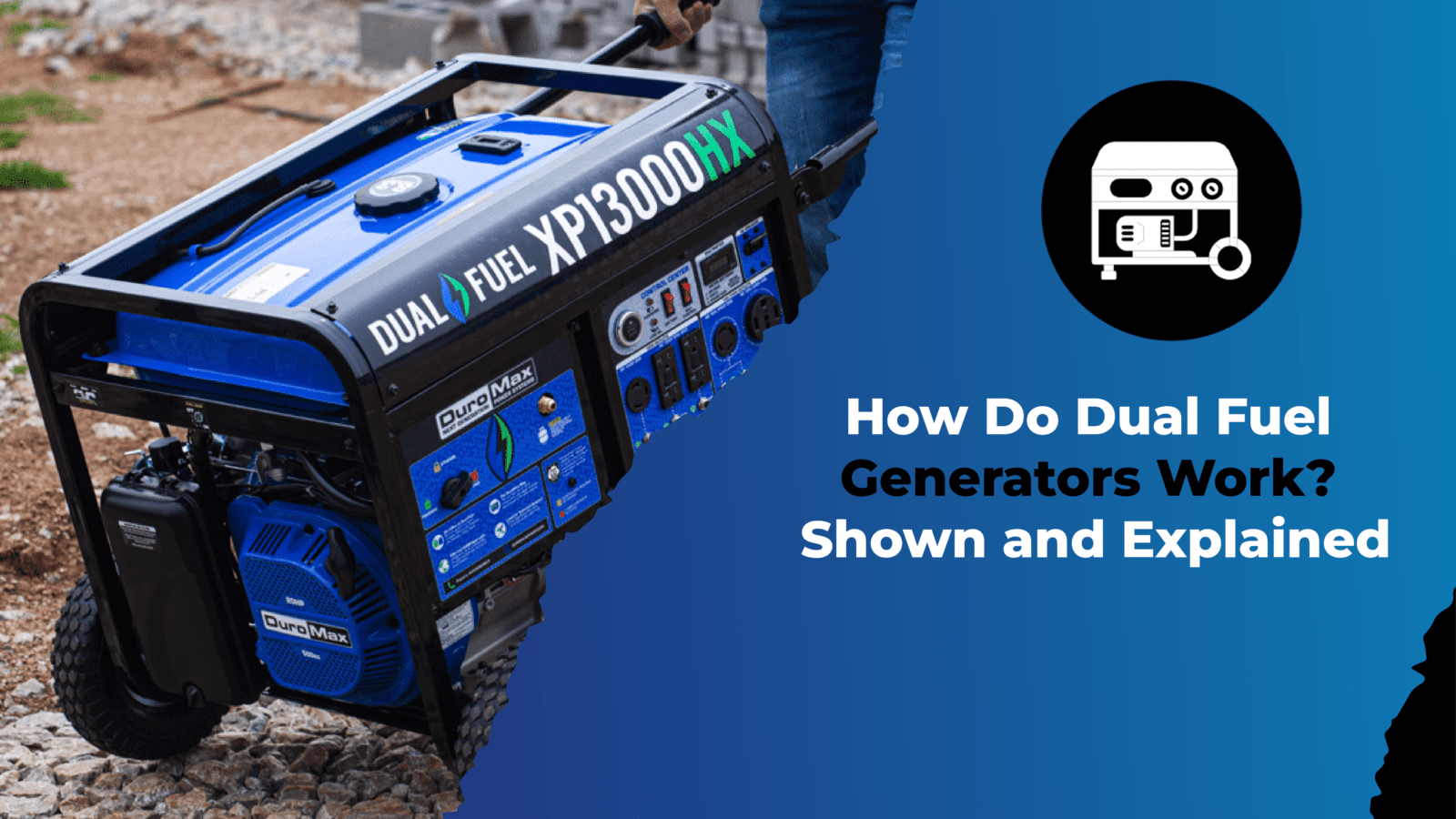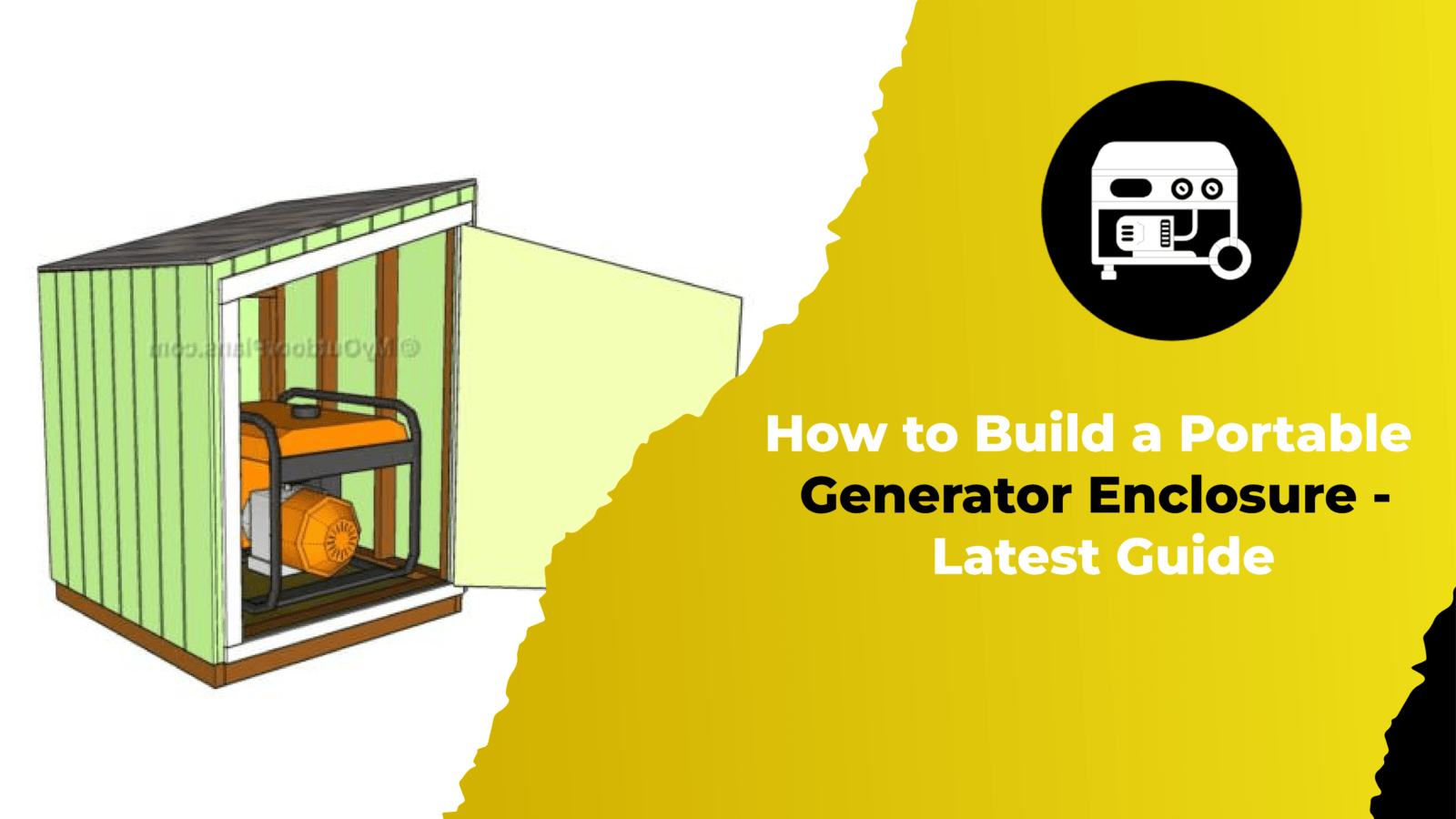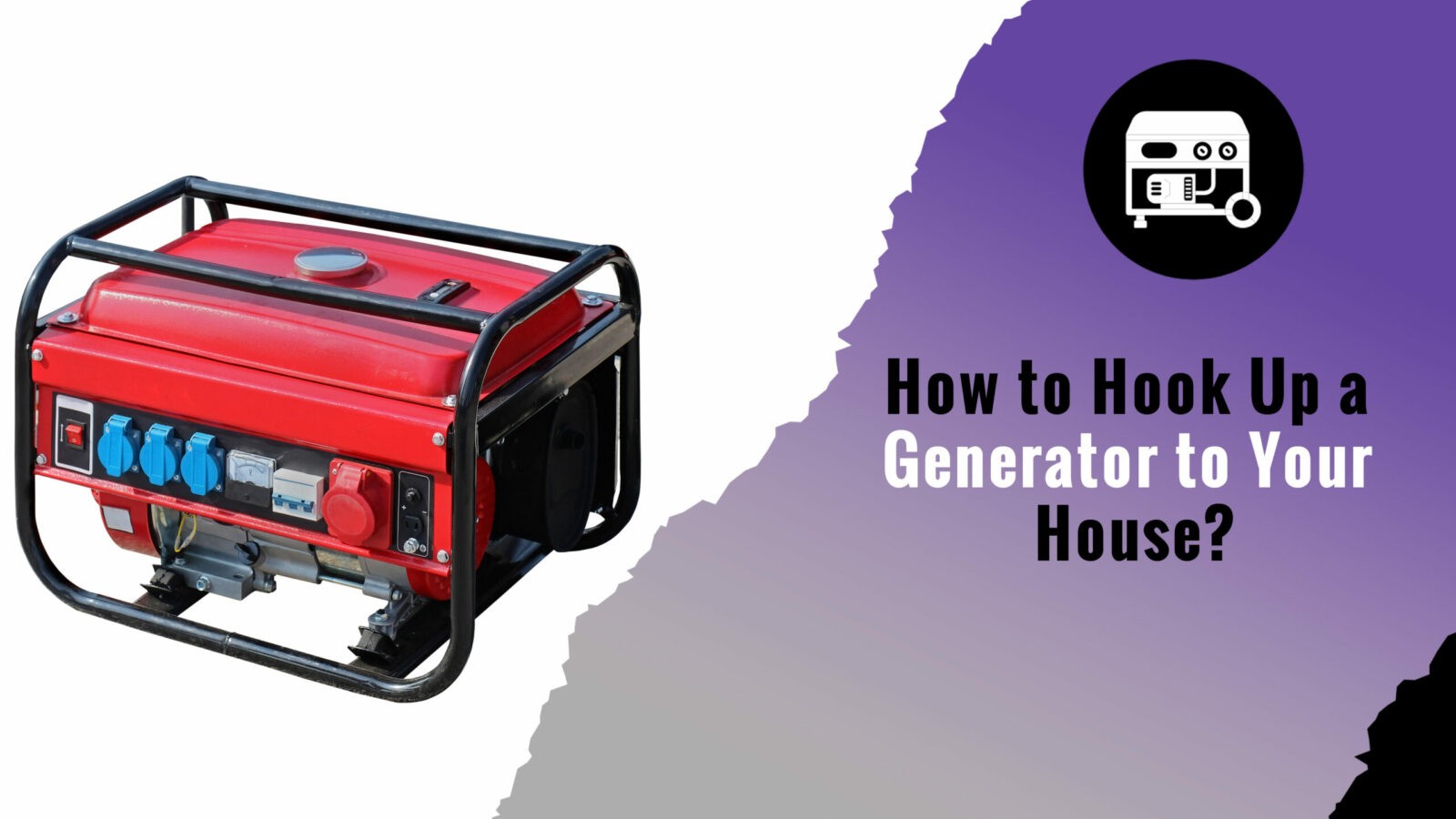With the arrival of summer in many parts of the world, extreme heat forces people to rely on air conditioning for relief.
But to achieve the best air conditioning effect in a large residential or commercial area, you will require an AC with sufficient power. Investing in a 5-ton air conditioner can be a brilliant choice for large to moderate commercial spaces, homes, and offices.
However, relying solely on grid power is not always an option depending on location and circumstances. You might face lots of problems if load shedding starts in your area in that difficult situation, it is a must to have a backup to power the air conditioner instantly, for that you will need a large and powerful generator. So, in such cases, you might be wondering: “What size generator for a 5-ton air conditioner”?
Typically, an air conditioner with a five-ton capacity will require between 4 to 8 kilowatts of electricity to function. Then for your air conditioner, you will require a generator with a power output between 12000W and 20000W to handle its amperage rating of 16 to 35 amps.
This guide provides all essential knowledge such as what minimum power you will need to run the 5-ton AC, what size of generator will be more suitable for that, a few factors to consider if you run it, our top recommendations, and much more while choosing the right size generator for your needs.
Minimum Power that You’ll Need to Run a 5-Ton AC!
The amount of power that you’ll need to run a 5-ton AC in your locality will mainly depend on several factors, such as local climate conditions and how energy efficient your unit is. But generally speaking, most 5-ton AC units require around 34-52 amps at 25°F outside temperature. This means around 40 kW (kilowatts) or 7200 W(watts) are required per hour.
How Much is 1-Ton Energy in an AC Unit?
One ton of energy in an AC unit is equivalent to 12,000 BTU per hour. This translates to approximately 3.5 kW (kilowatts) of electric power needed for accurate cooling capabilities.
This is the same amount of energy that an average air conditioner unit uses in one hour. Because of this reason, you can connect them to a standard wall socket without any trouble. For larger AC units, it is recommended to opt for the 240 V model as this will require a smaller wire.
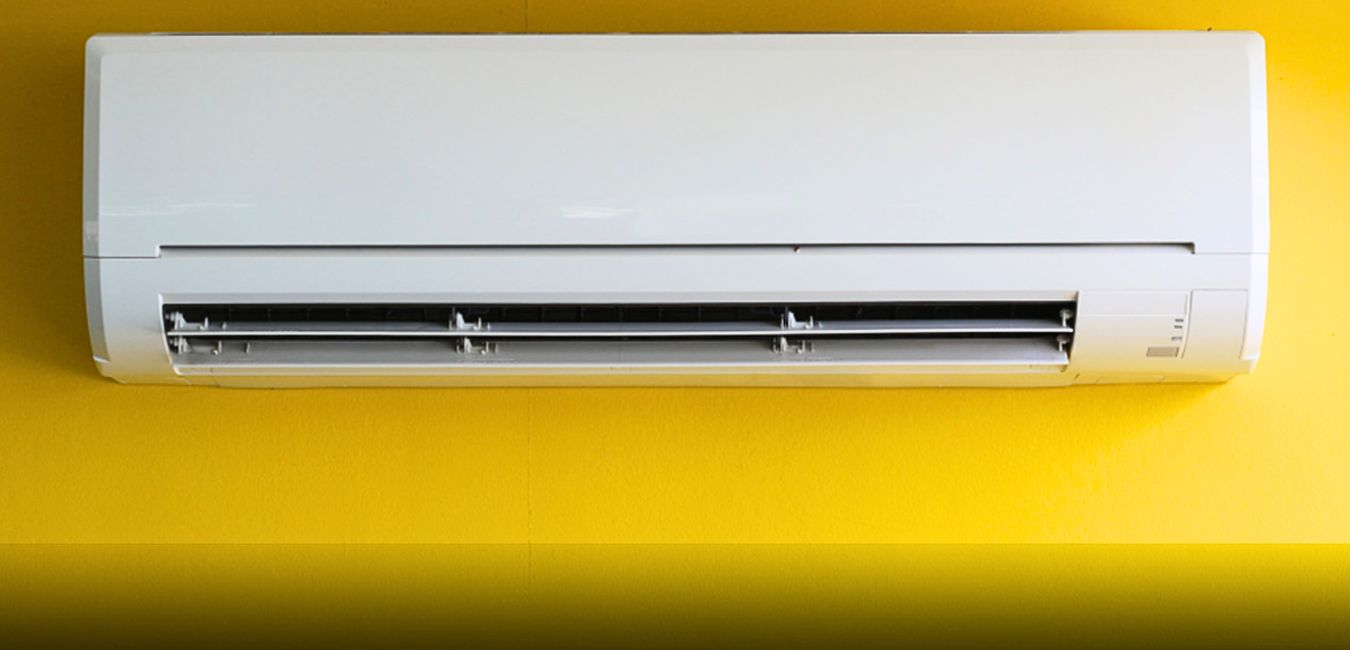
However, it will need its own circuit. For every hour that it runs, 1 ton and 3450 watts of energy are required in order to time the power usage accurately. You can also purchase the watt-hour meter and before connecting the ac you can plug it into the wall, which will simply allow you to keep track of the power consumption of your ac very conveniently.
To Run a 5-Ton AC, What Size Generator Would be Suitable?
No doubt that 5-ton AC will surely keep your house cool and breezy on hot days, but have you ever thought about what will you do if there is a power breakout in your area?
To compare different types of generators available on the market, we will investigate their characteristics such as output levels, fuel type, noise level, etc., to help make an informed decision about what size generator meets your requirements best.
Choosing the right size of generator for your 5-tin AC depends on several factors, including the type and age of your AC unit. Generally speaking, to start your hunt do bear in mind that the larger and more powerful the air conditioner is, the greater wattage capacity you will need from your generator.
If you are looking for a generator that can provide enough power to run your 5-ton air conditioner, the first thing that you must consider is understanding the wattage and size of the generator. The amount of electricity generated or consumed by an appliance may vary, but typically a 5-ton AC requires from 40 KW to 80 KW of power.
To confidently use a 5 Ton AC with any reliability when connected to a portable Generator needs a 60 kW Generac Motor-Generator is the minimum recommended in order to maintain its optimal performance during operation time.
Running Single Phase AC Unit
As the single-phase AC unit is typically found in residential or light commercial applications. This type of unit is often used for various purposes. It is highly recommended to have a 60-amp generator for overcurrent protection with a maximum of 45 – 50 amps.
So, to run a 5-ton AC unit with a single-phase generator, you will need at least a generator that is usually between 18 and 20 kW in capacity. However, generators can range up to 22 or 24 kW in power as well. This should give enough power to both the compressor and blower motor of your AC unit, ensuring it runs properly.
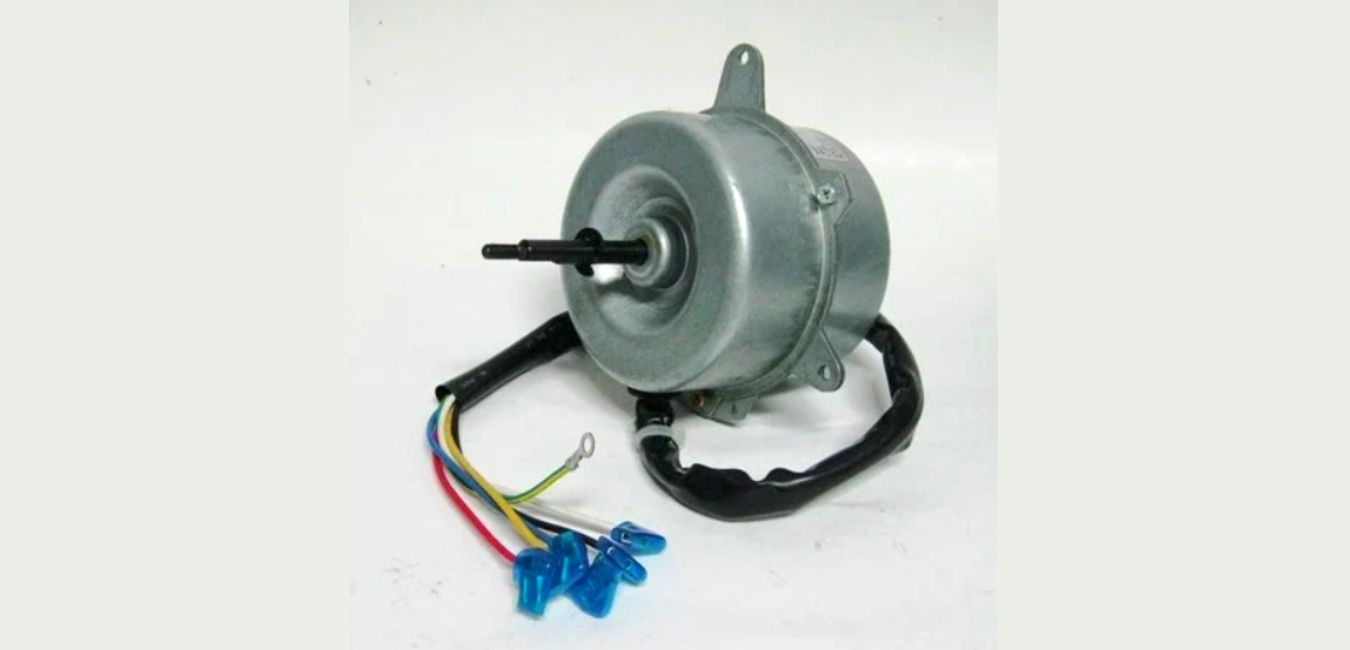
Running Three Phase AC Unit
When identifying what size of a generator is required to run your three-phase 5-ton ac unit, two key factors must be considered: voltage and amperage. The first step in calculating these values is understanding that an average three-phase AC has 480 Volts (V) across its terminals.
Voltage multiplied by Ampere gives us Watts—the key calculation in determining what size of Generator will be needed to power our 5 Ton A/C Unit which consumes around 41 amps.
Is It Possible to Run a 5-Ton AC with a 7500-Watt Generator?
Yes, it is possible to run a 5 Ton AC with a 7500-Watt generator. The generator will need at least 25 Amps of power and the wattage must range between 7000-8000 Watts in order to run this type of air conditioner.
What About a 15000-Watt Generator?
The answer is yes again, a 15000-watt generator can run a 5-ton AC unit, but it is really important to note that running an AC at full load on such a high-capacity portable or stationary power plant will require special considerations in terms of fuel consumption and engine capacity.
However, it may be recommended that you consult with your nearest electrical Professionals for more information when considering this type of application.
Factors to Consider If You Intend to Run a 5-Ton AC on a Generator
As the summer weather rolls in and temperatures rise, an air conditioner is often essential. But when running your powerhouse AC unit off a generator, you need to be sure that it’s sized correctly and prepared for use. Besides that, there are several important factors you should consider before making such an investment. These are as follows:
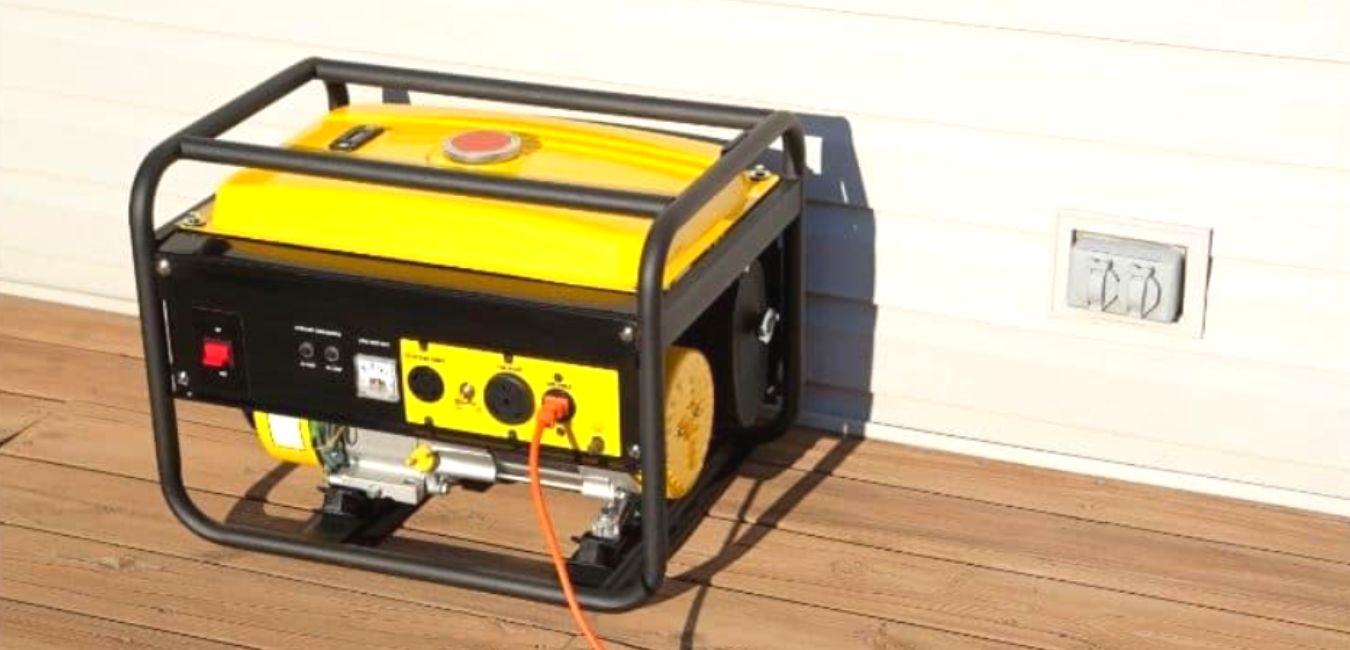
Extension cord length
It is essential to use a power cord with the appropriate rating for both wattage and length when connecting a generator to an electrical outlet. Incorrect wiring can lead to a decrease in voltage, which can cause harm to both the generator and any appliances attached to it.
Fuel type used by the generator
Different types of fuel can vary significantly in terms of cost efficiency depending on availability within certain areas. For example, natural gas-fuelled generators tend to burn cleaner than gasoline or diesel options but also require more regular maintenance due to their fragility comparatively.
Elevation
Lastly, Higher elevations can reduce the generator’s performance due to lower air pressure, causing it to lose power and become less efficient.
What is the power consumption of a home AC unit?
The power consumption of a home AC unit will depend on the size and energy efficiency rating as well as how often it’s in use. An air conditioner with an Energy Efficiency Rating (EER) of 12 to 18 BTUs can draw between 1500 – 2000 watts when switched on.
Our Top Recommendations for Ideal Generators for Your 5-Ton ACs
Are you shopping for a 5-ton AC unit generator? If so, it is important to choose the right one. A good choice can ensure peak performance and energy efficiency while also providing reliable backup power in case of an emergency.
Westinghouse Outdoor Power Equipment WGen6000 Portable Generator
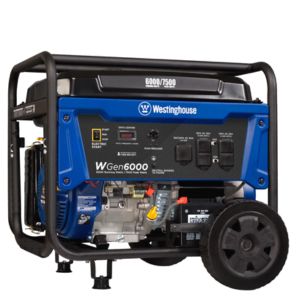
Westinghouse Outdoor Power Equipment WGen6000 Portable Generator is an excellent choice for anyone looking for a reliable generator in the 6000-watt range. This powerful electrical unit offers exceptional quality and value at an affordable price.
The Westinghouse WGEN6000 can be used to power up your camping gear, and outdoor appliances like grills and smokers, or even provide backup electricity during emergencies.
Highlighted Features
- Powerful 713 ccs V-Twin OHV 4 stroke engine generates 6,000 peak watts.
- 8 hours runtime per tank of gasoline.
- The robust control panel features an easy-to-use digital LCD display.
- user-friendly push button
Generac GP8000E Portable Generator
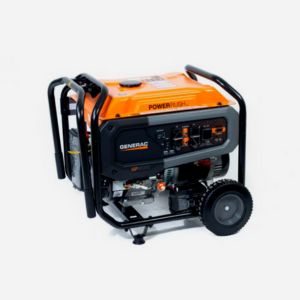
The Generac GP8000E Portable Generator is another great option for anyone looking for a powerful portable generator that can run 5-ton AC easily. This generator has an impressive 8,000 watts of surge power and 6,500 watts of continuous running power to provide plenty of energy in any situation.
Highlighted features
- Features electric start with battery included.
- low-oil shutdown protection that can handle tough job sites.
- Equipped with two 120V 20A household outlets as well as one 240V 30A locking.
How Are Portable Generators Different from Whole House Generators?
Portable generators are small, self-contained units that can be used to provide temporary power for a variety of applications. They typically run on gasoline or diesel fuel and are designed to be easily moved from one location to another.
While, Whole house generators, on the other hand, are larger stationary systems that supply backup power for an entire home in case of a utility outage. These types of generators usually require professional installation and use natural gas or propane as their fuel source.
How Advantageous is the Surge Protection on Generator?
Surge protection on a generator is highly advantageous, as it can help protect the generator from power surges that could potentially damage its components. A surge protector will absorb any excess energy and divert it away from the generator, thus protecting against potential damage caused by sudden spikes in voltage or current.
What Size Generator Would be Required to Run a 5 Ton AC – FAQs
Conclusion
In conclusion, the size of the generator required to run a 5-ton AC unit will depend on several factors such as the type and efficiency of the air conditioner, how many other appliances are running at once, and what kind of fuel source is being used.
It’s recommended that you use a generator with an output rating between 8-10 kilowatts to ensure your AC runs properly without overloading or damaging any components!


